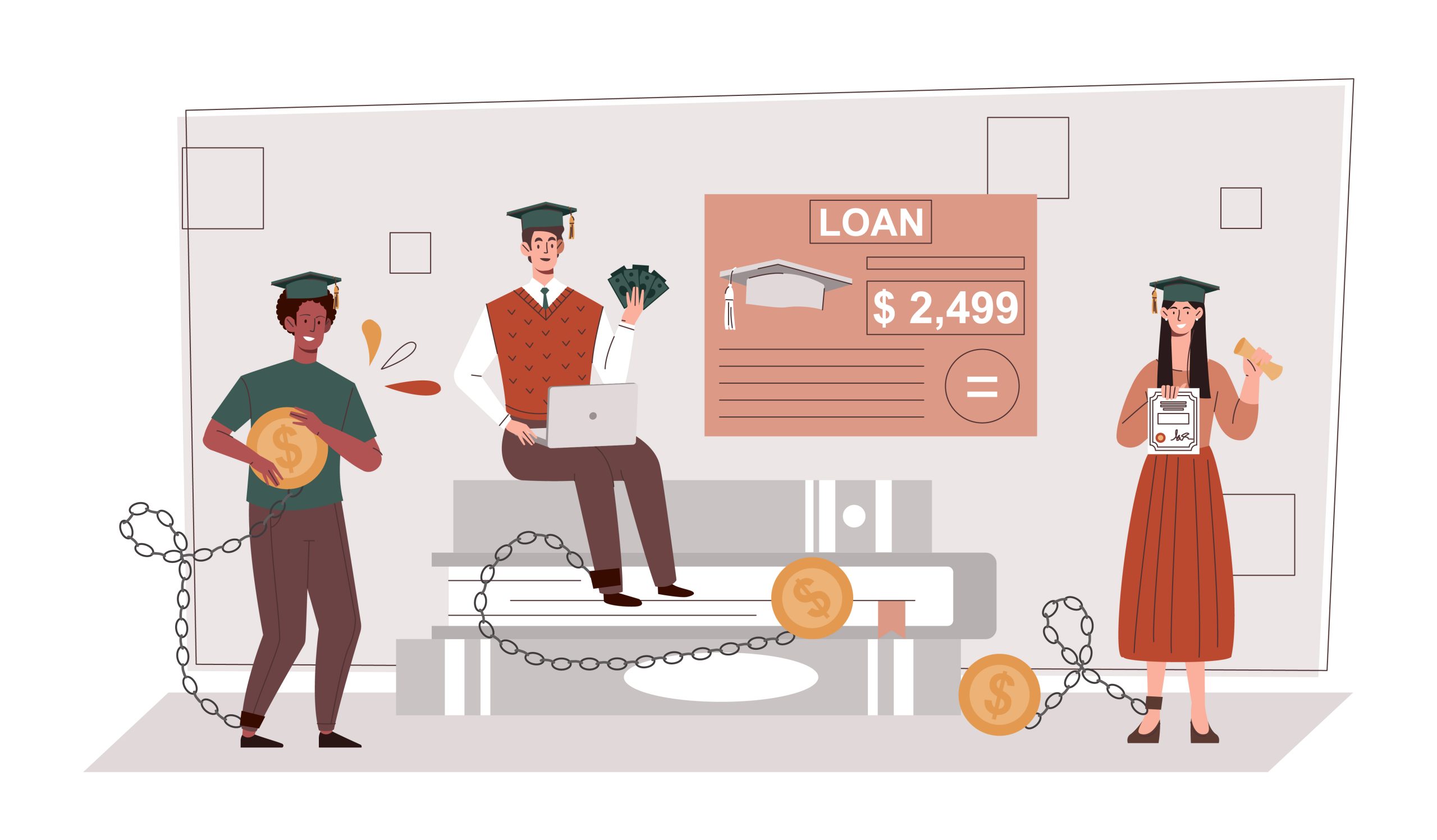If you have student loans, or sometimes even if you don’t, you’re probably used to phone numbers you don’t know calling you all the time. If you answer these calls, you might have someone talking to you about student loan forgiveness or other things related to your loans.
Most of these calls, and also emails, and texts you get about your student loans are potential scams.
Student loan scams aren’t new, but with the recent announcement by the Biden administration about student loan forgiveness, scams are increasing because of new opportunities to exploit loan holders.
From double-checking phone numbers when you get a call about your loans to making sure you’re aware of trending scams, there are things you can do to protect yourself. Below are some of the main things you should know about student loan scams right now.
Understanding Scams
Scammers will frequently try to exploit student loan borrowers and take advantage of them. One of the things to remember is you don’t have to pay anyone to make changes to your loans.
The Department of Education both provides and processes income-driven repayment applications, consolidation, deferment, and forbearance, all for free. The Department of Education also provides free guidance to help people figure out how to complete paperwork.
If a company says it can eliminate or reduce your debt, don’t pay them to do so.
If you get unsolicited phone calls or requests for personal information from “student loan providers,” ignore them.
Common Scams
More details about the most common student loan scams include:
- Filling out forms for money: When you have student loans, you might want to lower your monthly payment to something you can afford, based on whatever your income is. You can pay someone to complete a request for income-based repayment plans, but you can do the application yourself too. Some companies, however, will charge you without explaining that you can do it for free.
- Loan forgiveness or cancellation: Some scammers will target the vulnerability that comes with people looking for a way to get out of student loan debt. Most people would love to have their debt erased, but scammers will often tell borrowers that if they pay them, they can get the loan discharged. Some scammers will even tell a borrower to send their student loan payments to them directly rather than their servicer. Regardless, you fall behind on your loan and end up owing more.
- Asking for personal information: Don’t give your personal information like your Social Security number or bank account details to get access to a program. Scammers will often target people by saying they have to act quickly before the expiration of a federal loan program or before enrollment is capped.
What Should You Do About a Suspicious Call?
If you get a suspicious call and you aren’t sure who it’s from, but they’re talking about your student loans, the first thing you should do is hang up. Then, directly call your student loan servicer. If you don’t know who the servicer is, you can check out StudentAid.gov. If your loans aren’t there, they are likely from private lenders, making them ineligible for cancellation.
The CARES Act
Some scammers are taking advantage of the CARES Act, which paused payments and interest on federally held student loans. It’s been extended through December 31, 2022. Forbearance on eligible loans is automatic. No one contacts you to sign up for CARES-related forbearance. There’s no fee to enroll either.
Your federal loan servicer isn’t going to charge you application or processing fees to switch to a different payment plan.
Other Red Flags
Along with what’s already touched on above, there are some other red flags to watch for when it comes to student loan scams.
If a company is ever asking you to pay a large sum of money upfront, it’s very likely a scam. You should report it and never give the company money or personal information. Only directly contact your loan servicer to determine the options available to you.
Another red flag of scammers is trying to pressure you to take action quickly. They might tell you, for example, that you have only 24 hours to take advantage of a program. Government-offered programs don’t come with this sense of urgency.
A third red flag is encouraging you to stop communicating with your loan servicer. It’s important to keep up communication with your servicer as a borrower. If someone’s telling you to stop making payments, don’t give them information, and don’t stop making your payments.
Finally, no one should ask you for personal information by email or over the phone.

